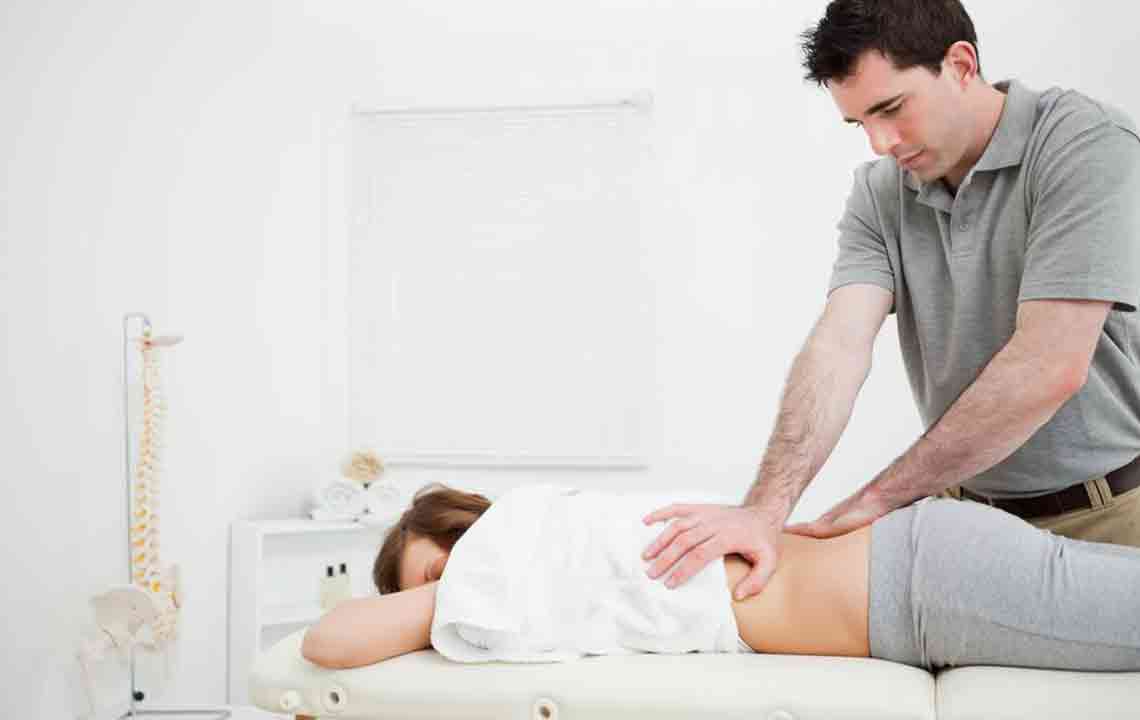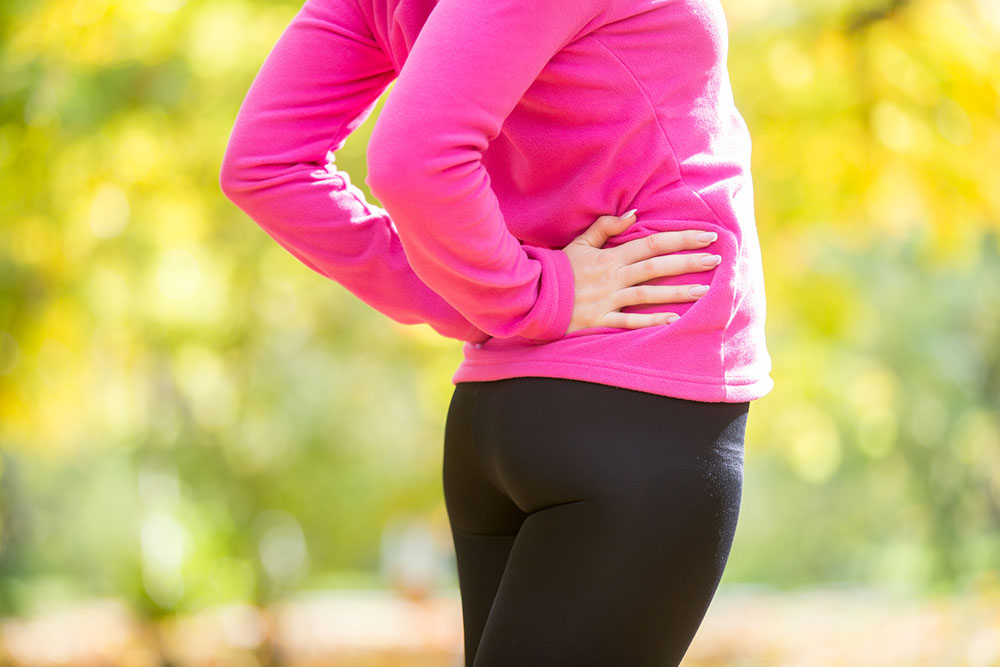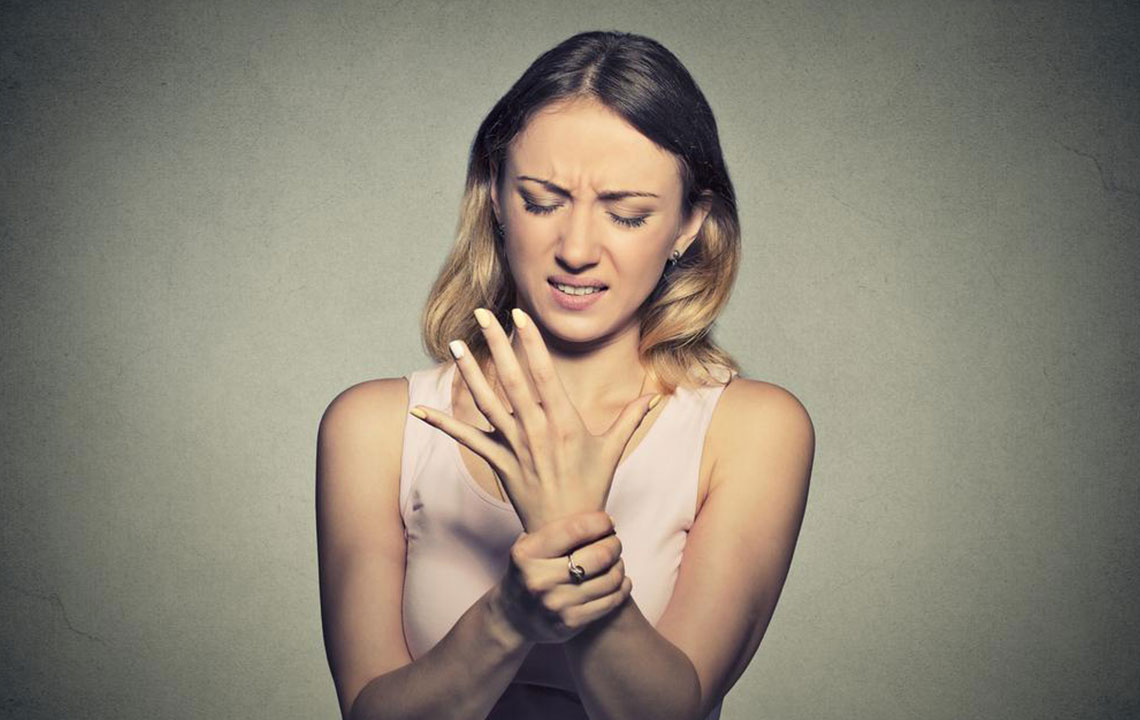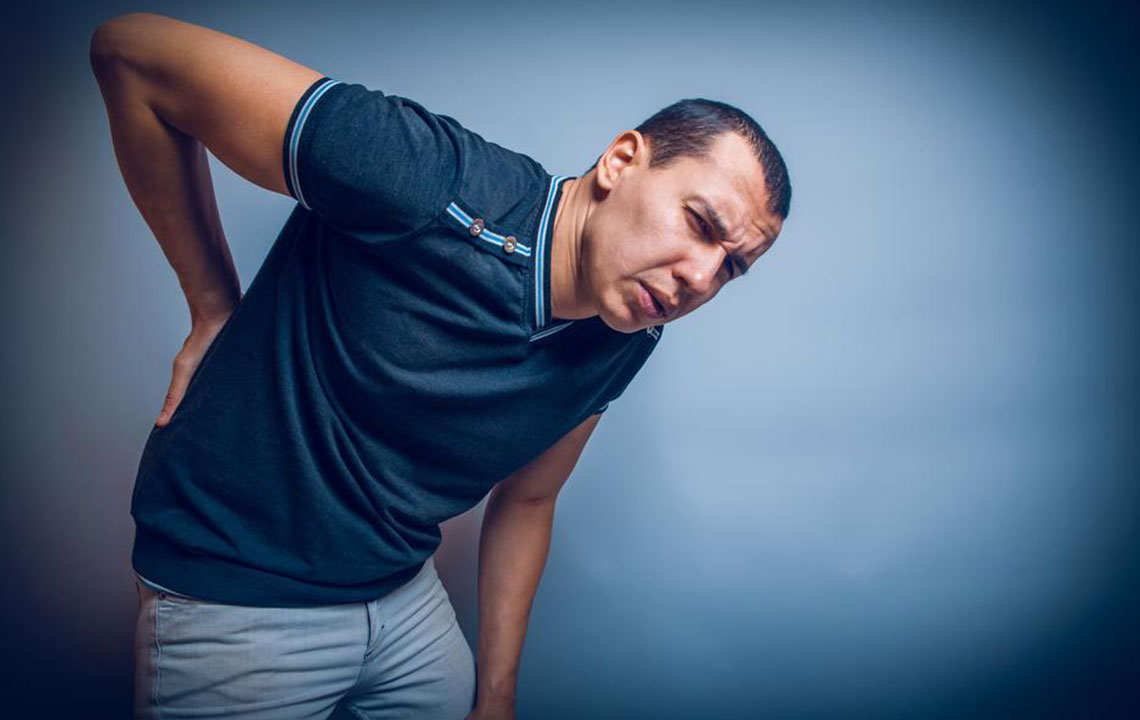Effective Strategies and Treatments for Foot Neuropathy Relief
Discover effective strategies for managing foot neuropathy, including exercises, medications, and alternative therapies. Learn how lifestyle changes and medical treatments can help alleviate symptoms, improve nerve function, and restore mobility. This comprehensive guide emphasizes the importance of regular activity and holistic approaches to enhance quality of life for affected individuals.
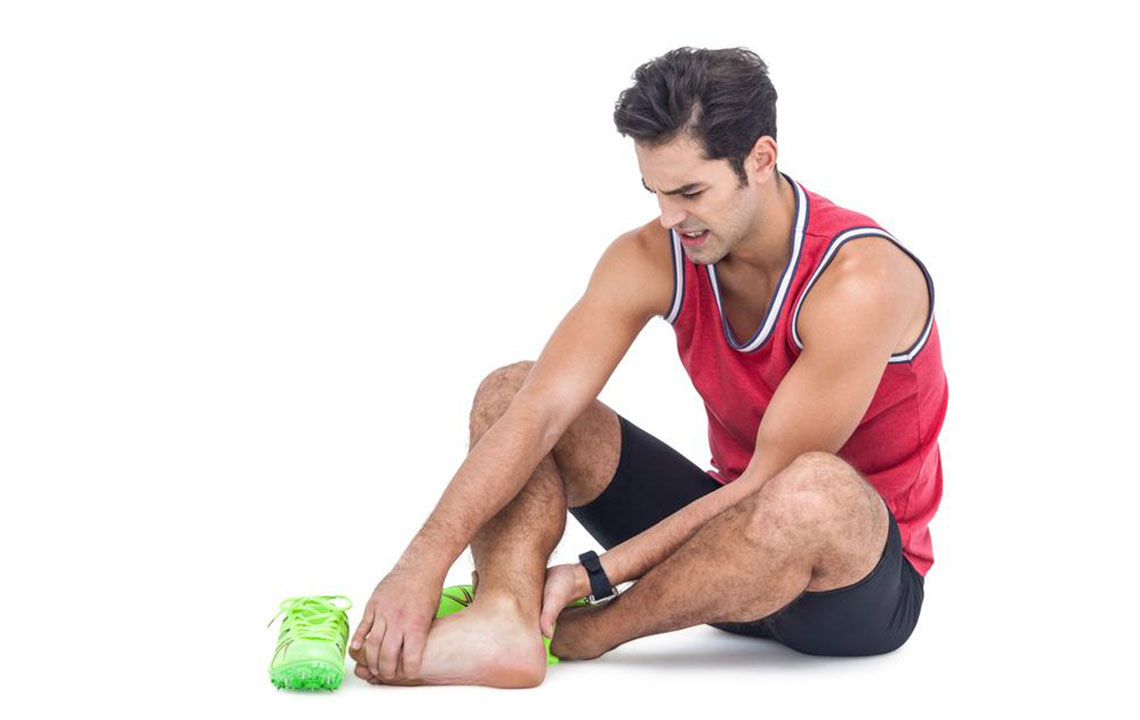
Strategies and Therapies for Managing Foot Neuropathy
Peripheral neuropathy impacts nerves outside the brain and spinal cord, predominantly affecting the limbs, especially the feet and hands. Often called “glove and stocking” syndrome, it involves motor, sensory, and autonomic nerves. The severity varies depending on affected nerve size, with symptoms ranging from numbness and pain to balance issues and limb weakness. Autonomic nerves regulate involuntary functions like digestion and heart rate, contributing to symptoms like high blood pressure and digestive disturbances.
Causes include diabetes, alcohol use, kidney conditions, vitamin deficiencies, and shingles. Regular blood sugar monitoring and lifestyle adjustments are crucial. Advances in medicine offer diverse treatment options, emphasizing exercise routines that strengthen muscles, lower pain, and improve blood sugar levels. Engaging in aerobic, flexibility, strength, and balance exercises can significantly ease symptoms and enhance mobility.
Affected individuals often experience symptoms such as high blood pressure and digestive issues. Lifestyle factors like diabetes, alcohol consumption, kidney problems, vitamin deficiencies, and shingles play key roles in development. Consistent blood sugar control and addressing underlying health issues are essential in managing foot neuropathy.
Modern medicine offers a variety of treatments. Exercise plays a vital role; it helps strengthen muscles, alleviate pain, and maintain blood sugar balance. An integrated approach involving aerobic, flexibility, and strength training increases effectiveness. Balance exercises are particularly beneficial in restoring stability, especially in elderly patients prone to falls.
Medications, including pain relievers, anti-seizure drugs, topical ointments, and antidepressants, are commonly prescribed. Painkillers provide quick relief, while anti-seizure medicines help with nerve pain. Topical creams with capsaicin reduce discomfort but may cause initial burning sensations. Alternative therapies like biofeedback and acupuncture are gaining popularity for their non-invasive nature and effectiveness.
Note: Our website provides a broad spectrum of health information, but readers should consult healthcare professionals for personalized diagnosis and treatment. Accuracy and updates may vary, and this content should complement professional medical advice rather than replace it.


